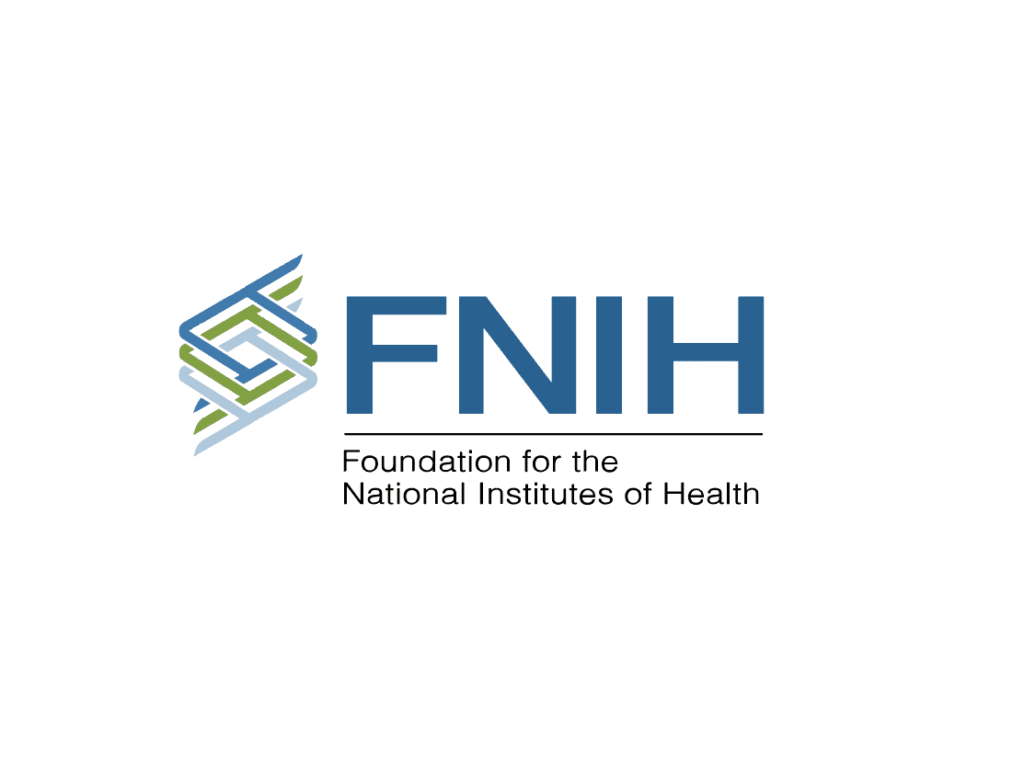

Important FDA Legislation Advances in U.S. House and Senate
By: Jennifer Dexter, AVP, Policy
The Prescription Drug User Fee Act (PDUFA) was created by Congress in 1992. PDUFA is a program where user fees from companies that produce drugs are used to fund FDA’s drug review. In more recent years, PDUFA has also funded important FDA activities such as patient-focused drug development and Real-World Evidence (RWE). Other user fee programs also fund review of medical devices (MDUFA), generic drugs (GDUFA), and biosimilars (BsUFA). Together, these programs are often referred to as the user fee agreement (UFA) package.
The UFAs must be reauthorized every five years, and the current authorization expires on October 1 of this year. The FDA and industry negotiators have agreed to terms on all user fees and transmitted their agreements to Congress. The NHC has supported provisions in the agreements that address the incorporation of patients’ perspectives in medical product development and FDA decision-making, increasing use of RWE, and increasing the use of digital health tools in care and research. In addition to codifying the agreements, these bills are often vehicles for other FDA policy changes.
On June 8, the full House passed the Food and Drug Amendments of 2022. In addition to including the negotiated agreements, it includes several other provisions of interest and importance.
The legislation includes provisions to increase clinical trial diversity, requiring sponsors to develop diversity plans that would include:
- Goals for enrollment;
- Rational for the goals; and
- How they plan to meet the goals.
The bill also instructs FDA to issue a report within two years on progress on submitting and meeting diversity plan goals as well as a recommendation on whether FDA needs authority to mandate post approval studies or post market surveillance due to insufficient demographic subgroup data.
The House legislation also includes several provisions for public meetings and guidance from FDA to seek input into increasing diversity in clinical trials. This clinical trial diversity initiative is in line with recommendations from the NHC report “Access, Affordability and Quality: A Patient-Focused Blueprint for Real Health Equity.”
The bill also emphasizes the FDA’s role in assuring transparency and review of drugs and devices approved through an accelerated process. Finally, the legislation extends several provisions supporting orphan drugs and treatments for rare diseases.
On June 14, the Senate Health, Education, Labor, and Pensions Committee passed their companion legislation, the Food and Drug Administration Safety and Landmark Advancements Act of 2022 (FDASLA). It is similar to the House bill with a few significant differences. It does not include the diversity in clinical trials provisions, it increases FDA’s role in oversight over lab-developed tests, and it requires the FDA to develop regulations that would facilitate the importation from Canada of certain prescription drugs for personal use.
Leaders in the House and Senate have expressed their commitment to completion of work on these important bills in a timely manner. The entire Senate will still need to approve their bill and then the two versions will have to be negotiated into a version that can pass both the House and Senate.


